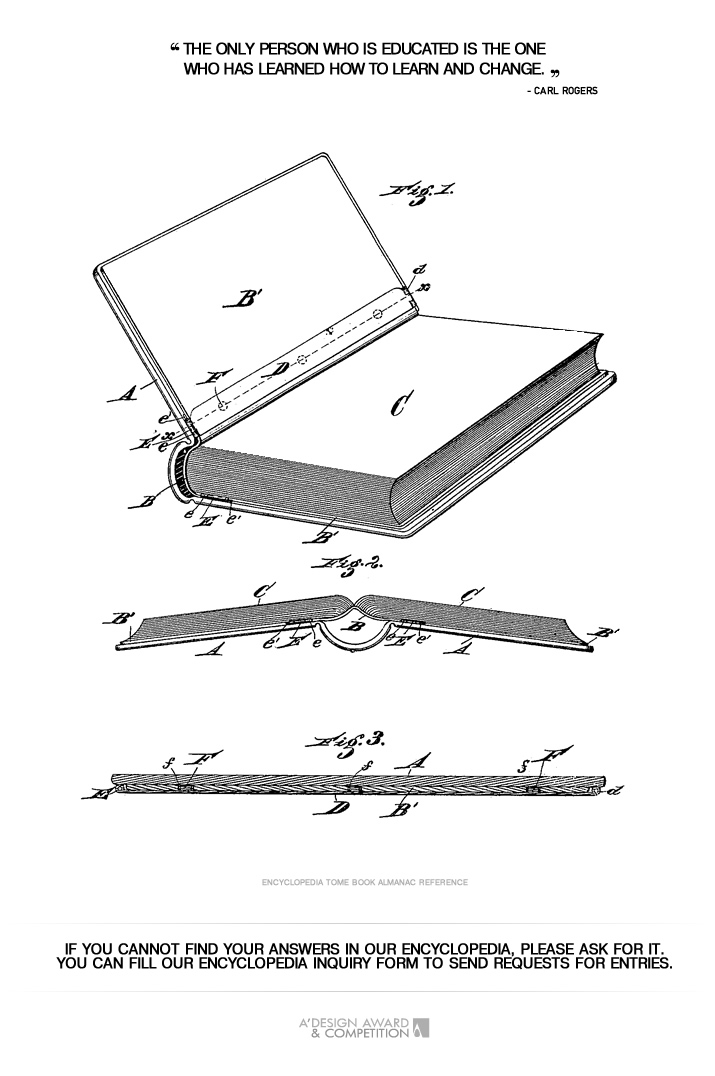
| THE AWARD |
| CATEGORIES |
| REGISTRATION |
| SUBMIT YOUR WORK |
| ENTRY INSTRUCTIONS |
| TERMS & CONDITIONS |
| PUBLICATIONS |
| DATES & FEES |
| METHODOLOGY |
| CONTACT |
| WINNERS |
| PRESS ROOM |
| GET INVOLVED |
| DESIGN PRIZE |
| DESIGN STORE |
| THE AWARD | JURY | CATEGORIES | REGISTRATION | PRESS | WINNERS | PUBLICATIONS | ENTRY INSTRUCTIONS |
Moral Rights - Entry #478366 |
Home > Design Encyclopedia > 478366 |
 Moral Rights
Moral Rights
Moral Rights is a fundamental legal and ethical concept in design that protects the non-economic interests of creators, ensuring their personal connection to their work remains intact regardless of economic or ownership transfers. These inalienable rights encompass several key aspects: the right of attribution (the right to be recognized as the creator), the right of integrity (preventing distortion or modification that could harm the creator's reputation), the right of disclosure (determining when and how the work is made public), and the right of withdrawal (the ability to withdraw work from publication). In the context of design, moral rights play a crucial role in preserving the authentic vision and reputation of designers while fostering innovation and creative expression. These rights are particularly significant in contemporary design practice, where digital reproduction and modification capabilities have made it easier than ever to alter or misattribute creative works. The concept originated in European civil law traditions, specifically French law's concept of droit moral, and has since been incorporated into international copyright conventions and national legislation worldwide. For designers participating in competitions such as the A' Design Award, moral rights ensure their work receives proper attribution and protection against unauthorized modifications, even after receiving recognition or transferring economic rights. The implementation of moral rights varies significantly across jurisdictions, with some countries providing stronger protections than others, particularly in cases involving commissioned works or works created during employment. These rights continue to evolve with technological advancement and changing creative practices, addressing new challenges in digital design, collaborative works, and artificial intelligence-generated content.
Author: Lucas Reed
Keywords: intellectual property, creative attribution, design integrity, author rights, creative protection, design authenticity, copyright law
 About the Design+Encyclopedia
About the Design+EncyclopediaThe Design+Encyclopedia is a crowd-sourced reference of information on design. Unlike other crowd-sourced publications on design, the Design Encyclopedia is edited and actively monitored and publishing is only possible after review of submitted texts. Furthermore, editors of the Design Encyclopedia are mostly consisting of award winning designers who have proven their expertise in their design respective fields. Information posted at design encyclopedia is copyrighted, you are not granted a right to use the text for any commercial reasons, attribution is required. If you wish to contribute to the design encyclopedia, please first register or login to A' Design Award and then start a new design encyclopedia entry.

If you did not find your answer, please feel free to check the design encyclopedia for more entries. Alternatively, you can register and type your own definition. Learn more about A' Design Award's Design+Encyclopedia.

